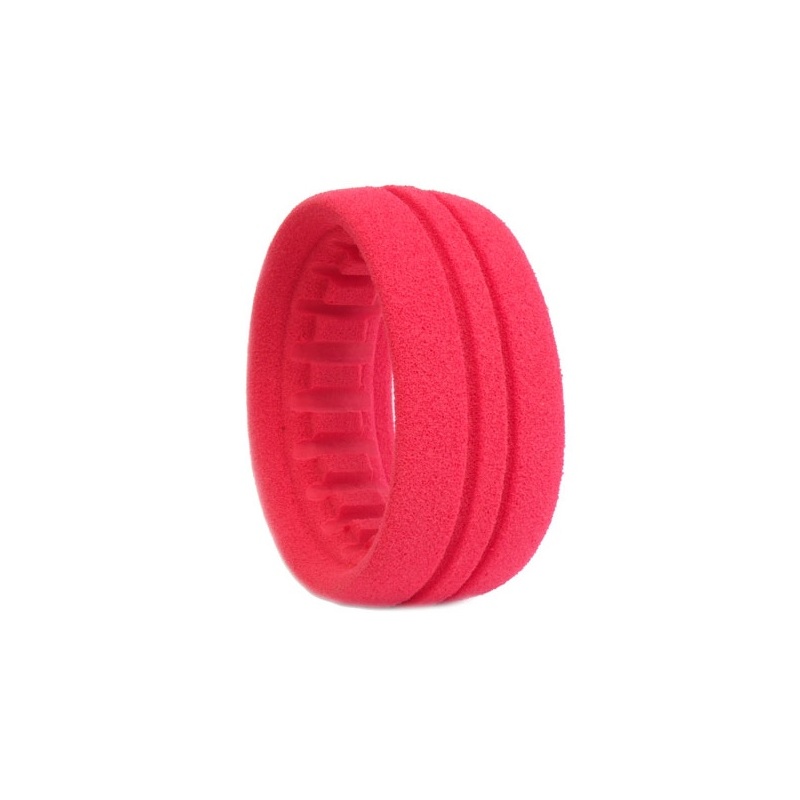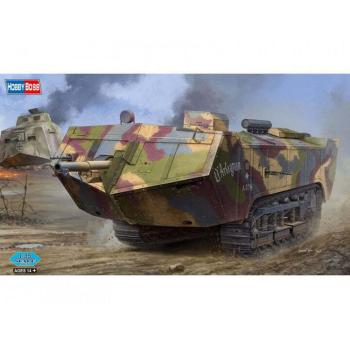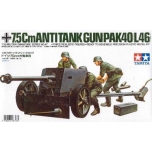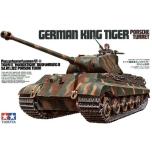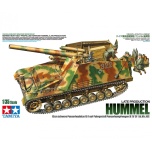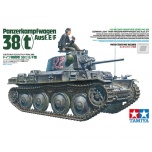The Saint-Chamond tank was a French WW1 tank. The first prototypes of the vehicle were created in 1916, and it entered the Saint-Chamond line at the turn of 1916 and 1917. Total series production amounted to about 400 vehicles. The tank was powered by a single 90 HP Panhard-Levassor carburetor engine and two electric motors. Its main armament was a cannon Saint-Chamond L12CTR DCA45 cal. 75 mm (from 1917 - Mle 1897 gun cal. 75 mm) , and the auxiliary armament 4 8mm machine guns.
The Saint-Chamond tank was created as a possible competition for another French tank - the Schneider CA1 and was designed based on the reinforced and extended track chassis of the Holt tractor. It used strong artillery for those times, but it was placed at the front of the hull, through a kind of overhang in the front of the tank, which meant that the vehicle had an unbalanced center of gravity. Moreover, it had short tracks, which significantly weakened its maneuverability, which turned out to be terribly weak on the battlefield and was the main drawback of the vehicle. Despite these disadvantages, a total of about 400 vehicles of this type were built, and Saint-Chamond was also used by, among others, Spain and the USA.



